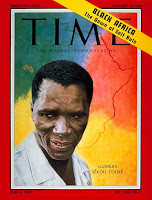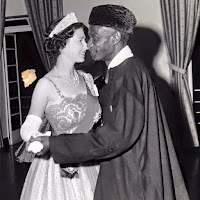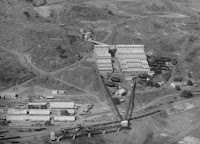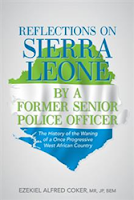Sierra Leone and Guinea: The Special Relationship | Fantasy History 9

The People's National Party (PNP) was formed mainly by defections from the Sierra Leone People’s Party (SLPP) in September 1958, the same month Guinea voted to exit the French Community. The PNP based their hopes of success on the split in the SLPP, which they considered would occur on the death or retirement of an ailing leader, Milton Margai. The PNP had neither a written constitution nor a policy manifesto. However, their aims and objects were expressed as the attainment of independence and they were not averse to seeking outside help. According to scathing Colonial diplomatic cables on PNP leader Albert Margai, which described him as “greedy and unscrupulous for power” there was some concern that Albert had visited Sekou Toure in neighboring Guinea. Although Britain and the United States had been allies throughout World War I and World War II, colonial policy was decidedly cool towards cooperation between African countries like Guinea and Sierra Leone, which sh


